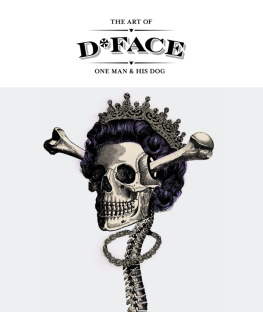There are no easy ways to speak these words. No way to honor love and truth without something getting lost in translation. It is made even more complex when one party is dead, silent to this world. And how do you tell a story that is commonplace and felt by all without giving in to sentimentality? But the thing is that, in the end, we each must decide how comfortable we are with how much we hurt other people.
Orientation
This essay is not just an exploration of my physical face; it is about the face we all identify with. It is about more than just what flesh covers my bone structure. It is about reflection too. What we see or want to see in the mirror.
Biologically my face is a mix of two races, of two cultures, of two lineages. One white English, perhaps a mix of Celt and Anglo-Saxons. My maternal grandmothers lineage was Strong, first held by a family in Somerset that predated the Norman Conquest. Strong of course referred to a person who displayed those characteristics in some wayphysical, mental, even by way of dress, as in dressing for strength, which might have included armor in the past, or style in the present. In the Old High German it was Streng, which is related to String. A line, a connection, lineage. On my maternal grandfathers side, it is Huntfrom hunta, which is a hunter. They came from Shropshire and again predate the Norman Conquest. Strong Hunt, Hunt Strong.
Before the Engle (Angle) and the Saxon, early Germanic tribal amalgamations settled in Great Britain. In the Middle Ages, the areas of Somerset and Shropshire were occupied by Celts. The Cornovii occupied the area of Shropshire and the Dumnonii the area of Somerset.
The Celts were headhunters and hard to subdue (much like my Afikpo ancestors in Nigeria) and their swords, the falcata, were curved in the right way to hook a head on the backswing of a slash. The falcata was a specialized weapon and could not be used everyday. This was both its strength and weakness. The Saxons, however, defeated the Celts with the weapon they were named after, the seax, an unusually versatile sword. Fifteen-hundred years ago, swords were expensive, and so the Saxon warrior farmers needed a knife that could double as a weaponhence the seax. The fact that they were always armed this way meant that they could catch the Celts off guard and unarmed. In Afikpo, you receive the knife, which is both for farming and taking heads, as part of your initiation into manhood. Ceremonially you wear the mask mma ji, or yam knife. These are the people I come from. A long line of noble people, a long line of mongrels. That is one story of my lineage. Another is that my maternal grandfather got his name from Henry John Hunter, a trader who made his fortune in the romantic East and returned to buy the Beech Hill Estate in Berkshire. Was he a relative or was he the child of an indentured worker? Whatever the case, my maternal grandparents are from the Windsor basin of Berkshire, and they were first cousins.
But for all that, this essay is not about them. But about my father and the lineage I know for sure. The Egu and Ehugbo.
Photographs
In a variety of faded black and white prints, my ancestors, at least those who lived to see the invention of the camera, stare back at me. There are more photos of the white side of my family. Grandparents and great-grandparentsthe former already leaning into the informality of the 1920s in their dress and stances, the latter buttoned up in heavy black Victorian clothes, their lips unsmiling, set into disapproving lines.
The indexical quality of photographs means that, in their own way, they become a kind of shadow archive of your life, your lineage. As with all archives, the personal and the public can overlap, forming a system of classification. Classifications that become a system of determining and even legitimizing impressions, ideas, and even belief systems, forging them into truths.
In this one photograph my father smiles at me. He is in his early 20s, flanked by two heavyset Irish priests. I crop the priests out and enlarge his face. If I print a transparency of a photo of my own face in my 20s and lay it over his, it is possible we would look nothing alike. It is possible we would look exactly alike.
Call
Other Brother : Hey, G. says youre asking for face jokes.
Me : Not really.
Other Brother : Ive got a good one. Youll thank me later.
Me : Fine.
Other Brother : Kid says, Mommy all the kids at school say Im a werewolf! Is it true? Mom says, of course not. Now shut up and comb your face. What do you think?
Me : Fuck Google.
Face Value
When I tell people that my mother was a white Englishwoman and my father Igbo, they look at me skeptically. Its a pause that really means, Are you sure? Youre so dark. Its a pause that Ive heard only in the West. In Nigeria most people know upon meeting me that Im not entirely African. Nigeria has a long history of foreigners coming throughthe Portuguese in the fourteenth century, North Africans as far back as the twelfth century, Tuaregs and Fulani to name just a few. In fact, in the late 80s and early 90s the civil war in Chad caused the very light-skinned Chadians to pour into Nigeria as refugees. It was a disturbing sight to see hundreds, sometimes thousands, of homeless Arab-looking people begging for food in the streets and markets. The public outcry was so severe that the military government began a program of forced repatriation. Army trucks rolled into markets and soldiers would round up these refugees, separating families without a second thoughtafter all, they all looked alikeand drive them back to the border. I once found myself being pushed into one such truck, but my fluency in several Nigerian languages saved me. I was often confused for being Lebanese, Indian, Arab, or Fulani. But not in England or America. In these places I am firmly black, of unknown origin.
But people have learned to be polite here, so no one says anything that might offend. They nod and make murmuring noises instead; except the LAPD, whose officers took great offense at my still very English accent when I arrived in LA. They asked me why I was faking it. I never quite figured out why, but whatever the reason, they were always very offended when I was pulled over.
It is interesting that I would be suspected of lying about my mixed-raced heritage. As though I was seeking some privilege, some betterment of my black lot, because, well, everyone knows some white in you is better than none, right? Wrong.
When we were kids in London, my mother was often congratulated for adopting us. It still amazes me that she never grew tired of correcting people and not always kindly. In the 90s I was standing next to my mother at an ATM in London and we were chatting as she withdrew money. A policeman wandered over and casually asked my mother if she was okay and if I was trying to rob her. And one of my agents, on meeting my mother at an awards ceremony in LA, exclaimed, Oh my God, shes as white as day.

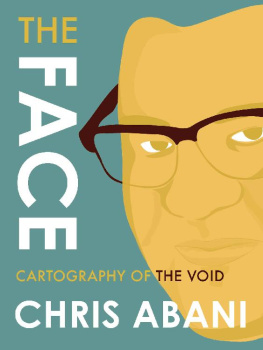
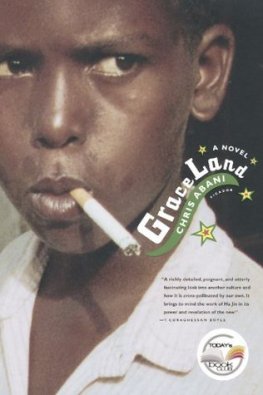
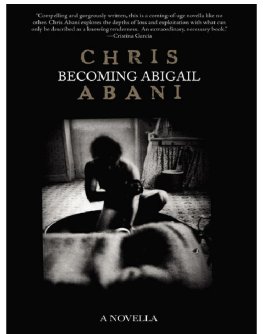
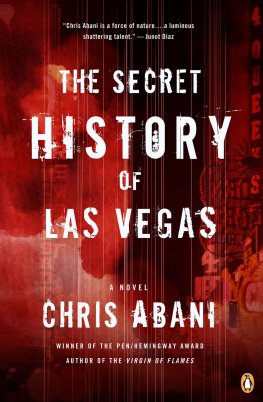
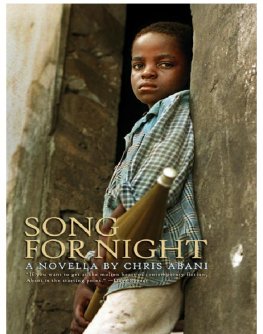
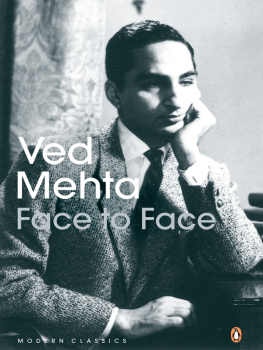
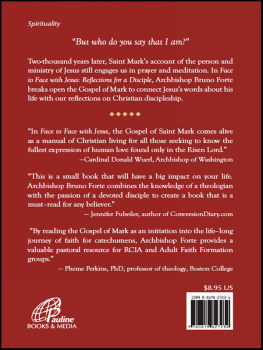

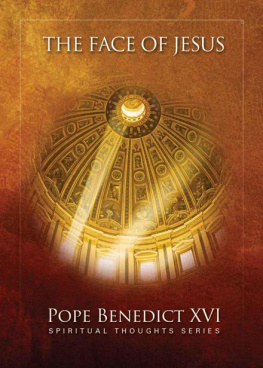
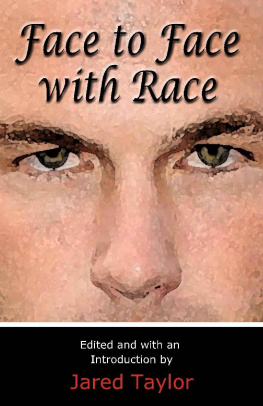
![Wendelle C. Stevens - UFO Contact from Andromeda: Extraterrestrial Prophecy [face to face]](/uploads/posts/book/133614/thumbs/wendelle-c-stevens-ufo-contact-from-andromeda.jpg)
